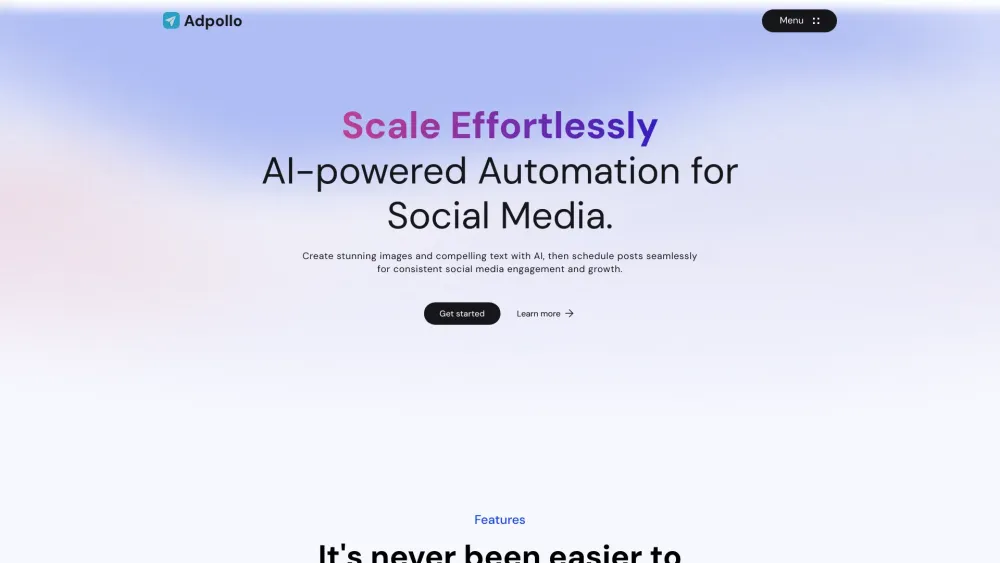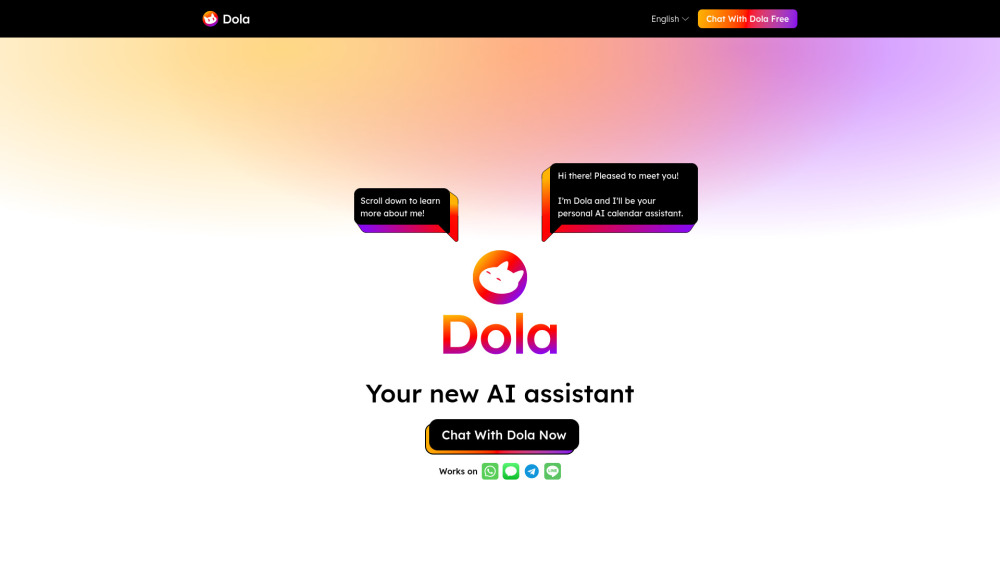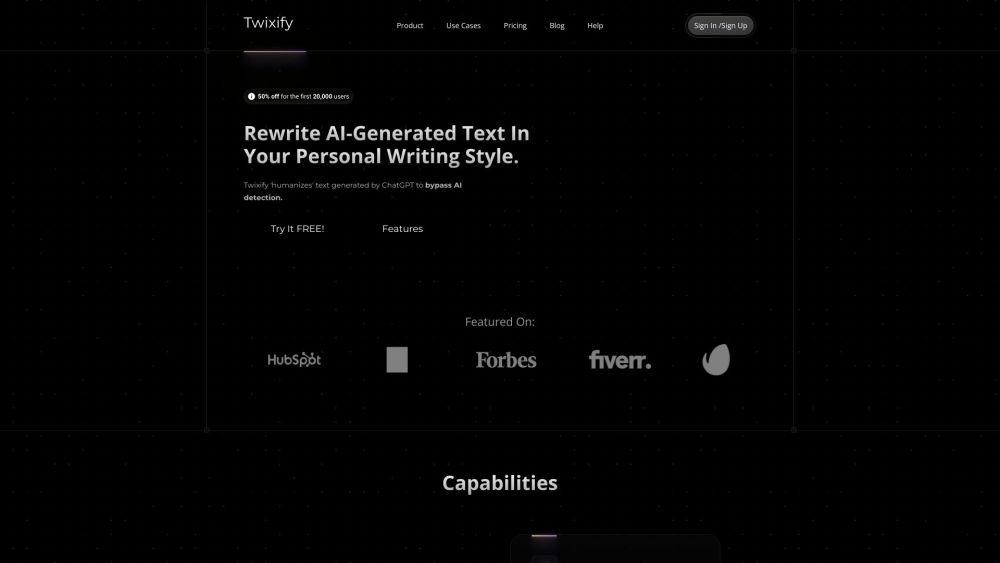DataStax Enhances Generative AI Development with New Data API
DataStax has launched a new data API designed to simplify the creation of generative AI retrieval augmented generation (RAG) applications for developers.
As a leading vendor of the open-source Apache Cassandra database, DataStax powers its AstraDB cloud database-as-a-service with this technology. In 2023, they added vector database capabilities to their platform, positioning themselves alongside major players in the space. At a recent event, DataStax’s CEO confidently referred to Cassandra as “the best database for generative AI.”
Unlocking the Power of Vector Databases
Vector database capabilities are vital for RAG applications, which leverage large language models (LLMs) and data platforms to produce precise, tailored outputs. DataStax has offered vector capabilities in AstraDB since July 2023; however, these still required users to navigate the Cassandra Query Language (CQL) for data calls. The newly launched data API changes this dynamic, enabling developers to utilize Python and JavaScript to interact with the database. This updates the competitive landscape, bringing DataStax closer to purpose-built vector databases such as Pinecone, which recently introduced serverless functionality.
“There's been a tug of war between native vector databases that only support vector queries and hybrid databases that excel in query modeling,” said Ed Anuff, Chief Product Officer at DataStax. “Our objective was to bridge that gap, and that’s precisely what the data API achieves.”
Transforming RAG Application Development
While the new API doesn’t introduce new vector capabilities into AstraDB, it streamlines the development process. Anuff noted that since the inception of vector capabilities, around half of new AstraDB users have been focused on generative AI applications. The challenge was that these developers primarily relied on Python and JavaScript, which were not directly supported for accessing AstraDB data.
Before the API launch, building AI applications required extensive knowledge of CQL, which involved complex data modeling that wasn’t conducive to straightforward RAG application development. The queries were also less optimized for vector data retrieval.
The new data API alleviates these issues by automatically managing vectorization, offering a user-friendly interface in Python and JavaScript, and enhancing performance through efficient storage and indexing of vector data at the database level. This reduces the learning curve and boosts performance compared to leveraging existing Cassandra APIs.
Modernizing Database Interaction
Traditional database APIs often translate programming languages like Python or JavaScript into a database’s query language, a practice akin to older Object Relational Mapping (ORM) methods. The DataStax data API distinguishes itself through Cassandra’s unique architecture, which facilitates deeper connections within the database, resulting in improved query performance.
“The data API presents developers with a simple, JSON-based data format. Anything expressible in JSON can be sent to and retrieved from the database,” Anuff explained. “We store this efficiently in Cassandra, maintaining optimal performance.”
Enhancing Vector Search with JVector
A key component of DataStax’s advancements in vector databases is the JVector search engine, an open-source tool embedded in AstraDB. Anuff highlighted that JVector employs DiskANN, a disk-optimized version of the approximate nearest neighbor (ANN) search algorithm. This strategy significantly enhances retrieval performance, particularly at scale.
DataStax asserts that the JVector engine enables AstraDB to deliver superior relevancy and recall compared to other vector databases. Much of DataStax’s ongoing vector development, including JVector and the new data API, is being open-sourced for the Cassandra community and AstraDB customers.
“We are strongly committed to providing resources to open-source ecosystems,” Anuff stated. “Our goal is to ensure that developers have the simplest path when choosing a cloud service.”





